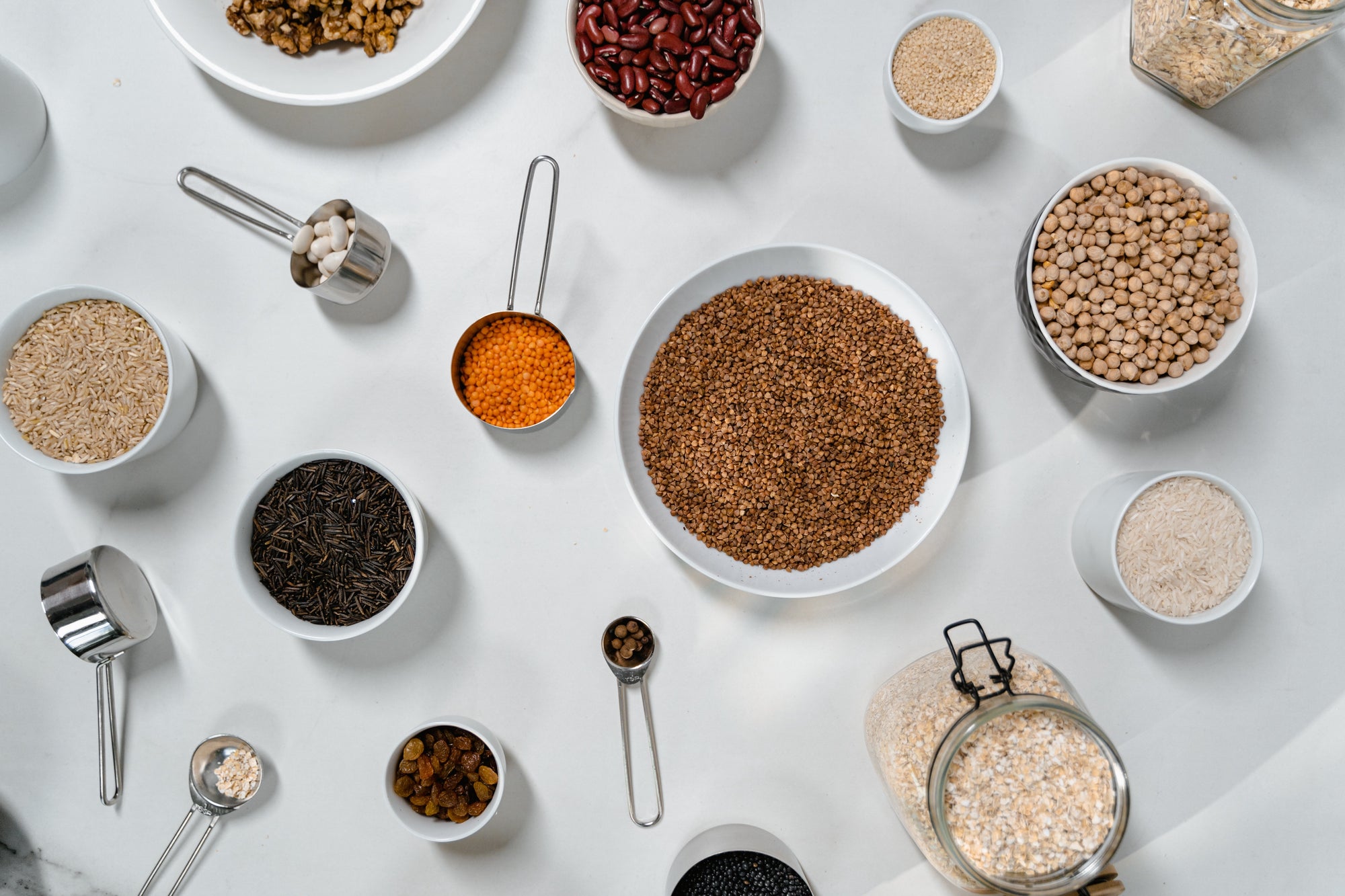

Understanding Soluble Fiber vs. Insoluble Fiber: What's the Difference?
When it comes to dietary fiber, you may have heard the terms 'soluble fiber' and 'insoluble fiber'. Both types of fiber play important roles in supporting our health, but they have distinct characteristics and offer unique benefits. Understanding the difference between soluble fiber and insoluble fiber can help you make informed choices about the foods you consume and ensure you're getting a balanced intake of fiber.
Soluble Fiber: Characteristics and Food Sources
Soluble fiber dissolves in water and forms a gel-like substance in the digestive system. It is characterized by its ability to absorb water, which contributes to its unique properties. Some common sources of soluble fiber include:
- Oats and oat bran
- Barley
- Legumes (such as beans, lentils, and chickpeas)
- Apples
- Citrus fruits
- Berries
- Psyllium husk
Health Benefits of Soluble Fiber
Soluble fiber offers several health benefits, including:
-
Lowering Cholesterol: Soluble fiber can help reduce LDL (bad) cholesterol levels by binding to cholesterol in the digestive tract and aiding its excretion from the body.
-
Blood Sugar Regulation: Soluble fiber slows down the absorption of sugars and carbohydrates, promoting more stable blood sugar levels and helping manage conditions like diabetes.
-
Improved Gut Health: The fermentation of soluble fiber in the colon produces short-chain fatty acids (SCFAs), which nourish the beneficial gut bacteria. This promotes a healthy gut microbiome and supports overall digestive health.
Insoluble Fiber: Characteristics and Food Sources
Unlike soluble fiber, insoluble fiber does not dissolve in water. Instead, it remains intact as it passes through the digestive system, adding bulk to the stool. Some examples of foods rich in insoluble fiber include:
- Whole wheat and whole grains
- Bran
- Nuts and seeds
- Vegetables (such as broccoli, carrots, and celery)
- Fruits with skin or seeds (like apples and grapes)
Health Benefits of Insoluble Fiber
Insoluble fiber provides the following health benefits:
-
Promoting Regular Bowel Movements: Insoluble fiber adds bulk to the stool, which helps prevent constipation and supports regular bowel movements.
-
Preventing Diverticular Disease: Diverticular disease occurs when small pouches form in the colon. Insoluble fiber helps prevent this condition by maintaining the strength and health of the colon wall.
-
Supporting Weight Management: Foods rich in insoluble fiber tend to be lower in calories and can contribute to feelings of fullness, aiding in weight management efforts.
The Importance of a Balanced Intake
Both soluble and insoluble fiber play important roles in maintaining a healthy digestive system and overall well-being. Consuming a balance of both types of fiber is crucial. Soluble fiber provides benefits like cholesterol reduction and blood sugar regulation, while insoluble fiber promotes regular bowel movements and supports digestive health.
To ensure a balanced intake, aim to incorporate a variety of fiber-rich foods into your diet. Include fruits, vegetables, legumes, whole grains, nuts, and seeds in your meals and snacks. By doing so, you'll provide your body with a diverse range of nutrients and fiber types, supporting a healthy gut, regular digestion, and overall optimal health.
Remember to increase your fiber intake gradually and drink plenty of water throughout the day. This helps prevent any potential digestive discomfort and allows fiber to work effectively in your system.
In conclusion, understanding the difference between soluble fiber and insoluble fiber empowers you to make informed choices about your dietary fiber intake. Embrace the benefits of both types of fiber by incorporating a variety of fiber-rich foods into your daily diet, and your digestive system will thank you for it.
Disclaimer: This article is for informational purposes only and should not replace medical advice. Consult a healthcare professional before making significant changes to your diet.
